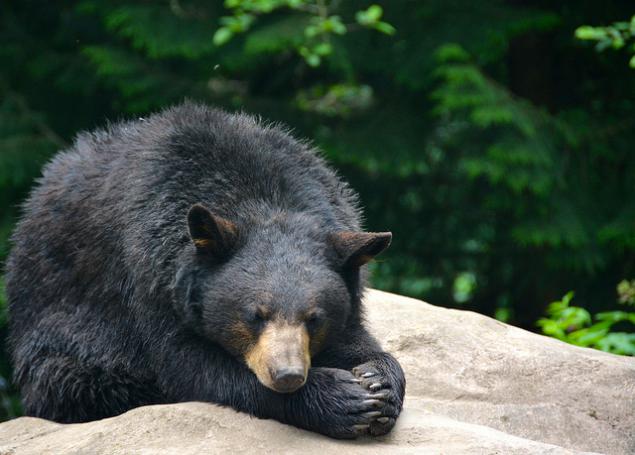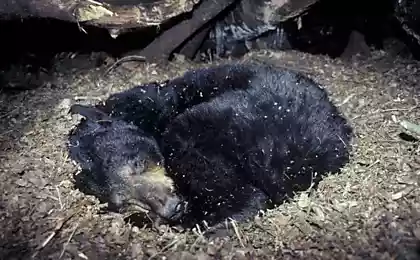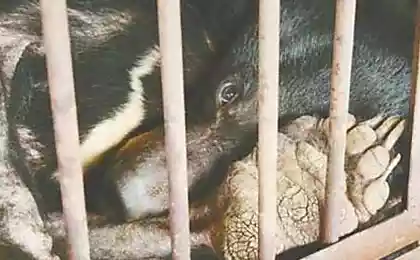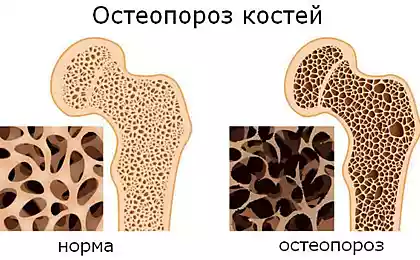928
In the sleeping bears isolated a protein that preserves the bones of fragility during hibernation

Photos Rachel Cash , Flickr
A group of researchers from the University of Colorado published a scientific work devoted to the mechanism of preservation of bones in black bears (барибалов) during their winter hibernation. The practical side of the work, in addition to the purely biological and chemical issues, concerns and problems of fragility of bones of astronauts during their stay in weightlessness, as well as during long-distance space travel possible. It is known that in microgravity inevitably occurs leaching of calcium from the bones, where it enters the bloodstream, causing a гиперкальциемию. The work is published in the Journal of Experimental Biology is called & quot; Suppressed bone remodeling in black bears conserves energy and bone mass during hibernation & quot ;.
It is known that in a state of hibernation < / a> (hibernating) bears level of biological processes at the body temperature drops to 10 ° halved (pulse decreases from about 55 beats per minute to about 14 strokes). Thus after emerging from hibernation, which lasts up to six months, the bears are not observed loss of any muscle in any bone mass, which inevitably happens to a man with a long absence of motor activity.
The scenario of prolonged space flight almost always means that astronauts will have to spend some time in sleep mode. For example, NASA considers варианты a relatively short flight to Mars, astronauts, immersed in a state of suspended animation, as a way to reduce the cost of maintaining the functioning of the human body. In 2009, NASA performed a special исследование, in which the numerically able to estimate the degree of loss of calcium from the skeleton of 13 astronauts in orbit of Earth from 4 to 6 months. It was found that the strength of the femurs have declined on average by 14%, and in some the figure was 20-30%, which actually means having osteoporosis.
Previously it was thought that the bears during hibernation occurs about a similar process leaching of calcium from bones. Researchers to address this issue had to catch 13 bears just were in a state of seasonal hibernation and take their blood samples and bone. After analysis of the samples revealed that in fact bears no bones lose calcium: this process is inhibited by enhanced production of a particular protein CART a >, the concentration of which increases during hibernation 15 times. Such biochemical regulation leads to the bears suddenly waking in winter, they do not have problems with physical activity. This study is the first time touched mammals, the size of which is comparable to the size of the person. Study, researchers exposed the animals were released, and they happily continued their hibernation on.
Source: geektimes.ru/post/258938/
www.realt5000.com.ua/news/2706230/ZHK-Lvivskiy-kvartal-oseredok-komfortu-i-zatishku-u-tsentri-Kieva?lng=uk
Testing drugs against aging can start as early as this month
The unique "airless" tires from «Hankook»






















